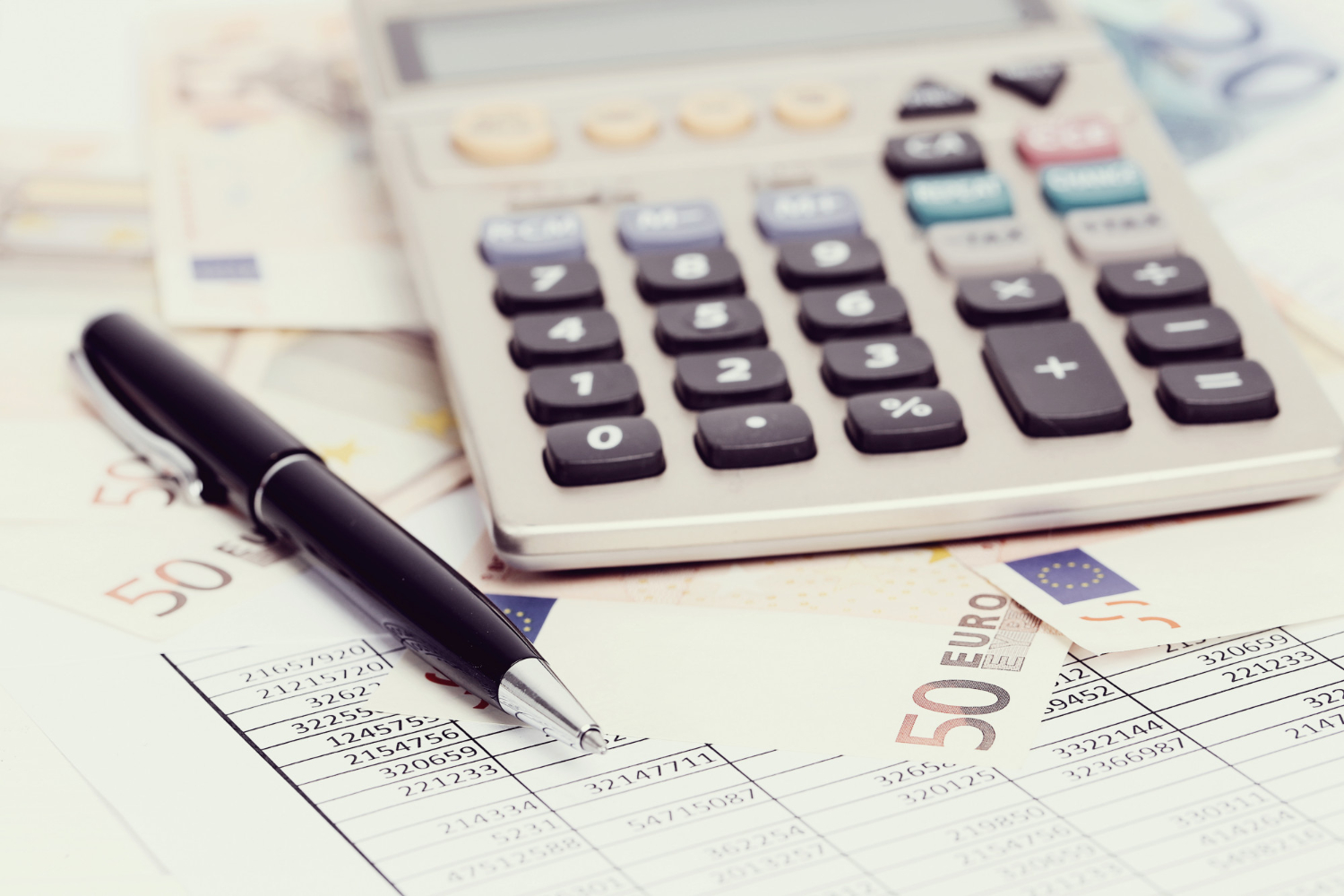
It’s one of those things that seems like an expensive necessity, especially if you’re a freelancer or starting out. So do you really need an accountant?
Well, it’s a tricky question and there is no straight answer.
To get your answer we’ll need to look at a few things. First of all though, it helps to understand what does an accountant actually do?
What an accountant does
When you hire an accountant they should take care of your monthly reconciliations such as invoices and purchases. And then the most important part is that they will process your tax returns at the end of the year.
The paperwork required for these tasks can be daunting, to say the least, which is why paying for an accountant is usually valuable to a freelancer or small business owner.
An accountant should also understand how you can reduce your tax bill, usually by looking at what you’re entitled to claim or funding that might be available for you.
For example example, during the Covid pandemic, many businesses would have been eligible for tax breaks that they might otherwise have missed. This is where a good accountant would have been very useful for any small business.
Accountants for freelancers can also help you with investing your money, managing pensions, insurance and other important financial bits and bobs.
So even if you’re thinking about starting a freelance business, there are definite benefits to pricing in an accountant as part of your business plan.
Does a freelancer need an accountant?
To see if you need an accountant, ask yourself these questions:
- How many transactions do I process each month – is it a handful, or is it hundreds?
- Do I need to pay suppliers, contractors, staff etc?
- How much does my company expect to make in the coming year?
These three questions can help to clarify whether you need to hire an accountant.
If you have many invoices and purchase orders that need reconciling, and you have overheads then yes, you will likely need to hire an accountant.
The time taken to correctly enter these transactions can be lengthy, and the money spent on hiring a professional to do it properly means you don’t need to worry about whether it’s been done correctly.
If you’re a one-person company, for example a freelance translator with one client and no-overheads, then you will most likely be able to do your accounting yourself.
However, you should still be aware of what you can and can’t charge for and how to process your tax return correctly. With this in mind, an accountant can still be a worthwhile investment for a sole trader too.
How to find an accountant
When it comes to finding a good accountant for a small business or sole-trader/freelancer, there are few things you should look out for:
- What are their rates? Research your local area for what is a reasonable rate for an accountant
- What do their rates include? Is anything added on at the end of the year?
- Is software included, for example Xero, Sage or Quickbooks? Or do you need to provide your own?
- Are they a large company with multiple offices? Larger accounting firms often charge more as they have bigger overheads
- Where are they based? An accountant based in a big city such as San Francisco or London will be much more expensive than a smaller accountant in Yorkshire or Wisconsin.
- Are they familiar with your industry or business? Have they worked with small businesses or freelancers before?
- What sort of certifications or experience do they have? Check their credentials first!
So there you have it. If you’re a freelancer, sole trader or working remotely you might still need to hire an accountant. They do make life a lot easier…




Good day! I just wish to give you a huge thumbs up for your excellent information you have got here on this post. I am coming back to your blog for more soon. Good day! I just wish to give you a huge thumbs up for your excellent information you have got here on this post. I am coming back to your blog for more soon. נערות ליווי במרכז